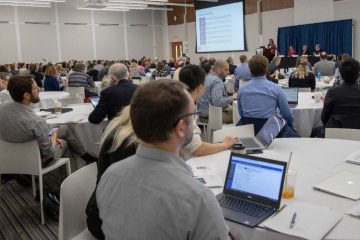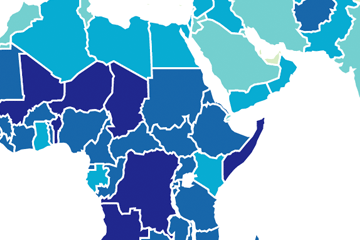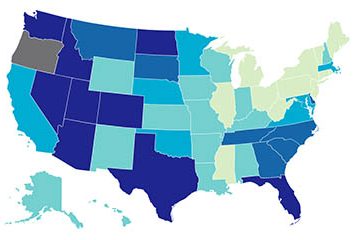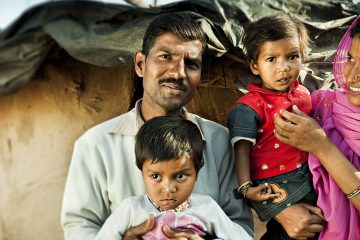2023 World Population Data Sheet
In the Nest: Did the Pandemic Push Young Adults to Live With Their Parents?
Losing More Ground: Revisiting Young Women’s Well-Being Across Generations
Like the United States and Europe, the Asia-Pacific Region Is Experiencing Low Fertility and Population Aging


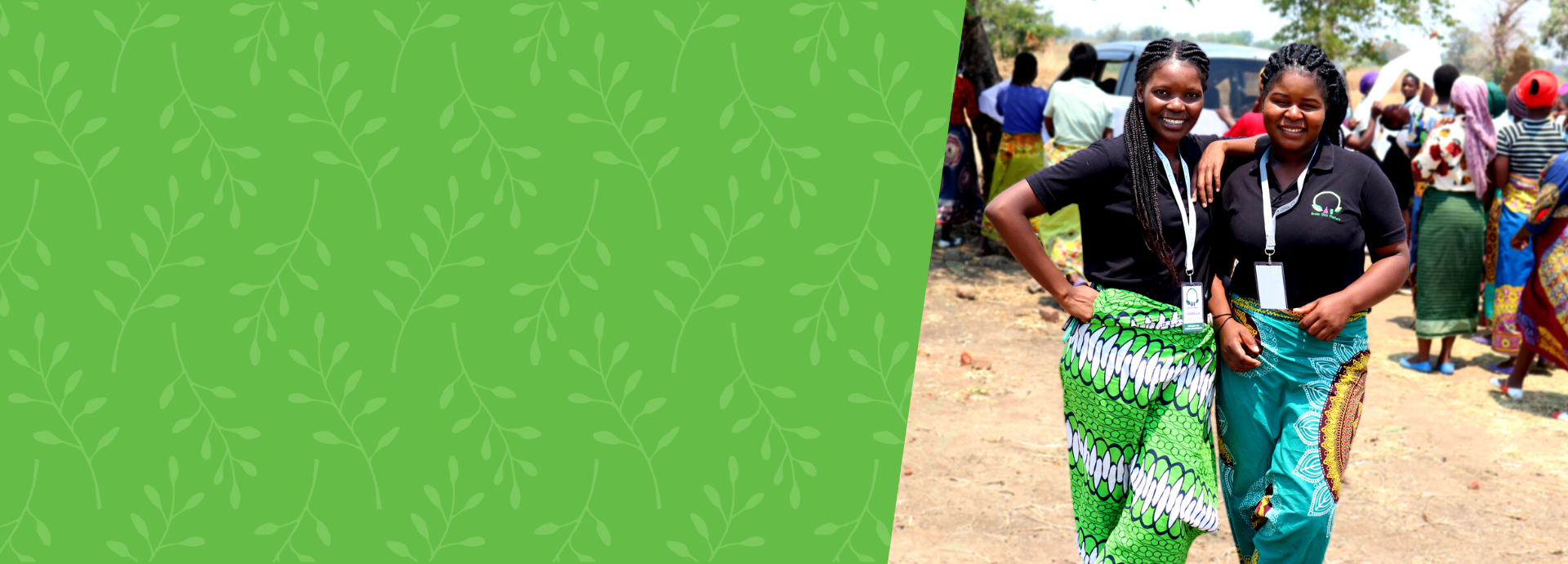


Projects
American Community Survey and Decennial Census Support Services
PRB has been a long-term partner to the U.S. Census Bureau, helping to inform policymakers, the media, and the public about the importance of data from the decennial census and American Community Survey.
U.S. Census Bureau
MOMENTUM Knowledge Accelerator
Supporting improvements in voluntary family planning and reproductive health activities, including their integration with maternal and child health programs.
USAID
KidsData
PRB leads the KidsData program, which advances children’s well-being in California by providing a high-quality, wide-ranging data website and collaborating with those who work on behalf of children.
Lucile Packard Foundation for Children's Health
Research Technical Assistance Center (RTAC)
RTAC serves as a strategic resource to the United States Agency for International Development, leveraging academic researchers’ scientific expertise to provide research, specialized training, and short-term technical assistance.
Research Division of the Innovation, Technology, and Research Hub in the USAID Bureau for Development, Democracy, and Innovation


